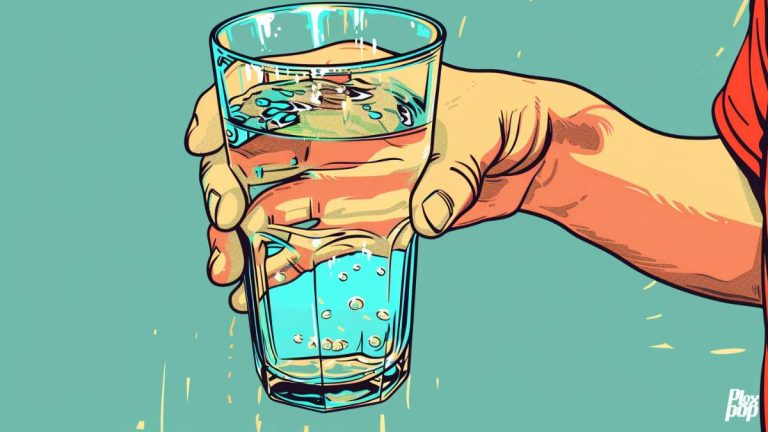Space travel has always been a subject of fascination, with astronauts being the epitome of human exploration and courage. However, a recent study has shed light on the unseen consequences of prolonged space travel on the human body, particularly the astronauts’ immune systems.
The study, conducted on 14 astronauts who spent between four and six months aboard the International Space Station (ISS), revealed a significant reduction in the activity of genes in white blood cells or leukocytes, crucial for the immune system. This decrease was observed shortly after the astronauts arrived in space, but the gene activity returned to normal shortly after they returned to Earth.
This finding could explain why astronauts are more susceptible to infections during space flights. “A weaker immunity increases the risk of infectious diseases that limit the astronauts’ ability to perform their demanding work in space,” explained molecular biologist Odette Laneuville, the lead author of the research.
The Participants and Methodology
The study involved astronauts from the Canadian Space Agency and NASA. Blood was drawn once before the flight, four times while they were on the space station, and five times after returning to Earth. The study identified that the gene expression in 247 genes in leukocytes was at approximately a third of the normal levels. However, this decrease did not continue but remained stable. The genes returned to normal about a month after returning to Earth.
The Role of Leukocytes
Leukocytes, produced in the bone marrow, travel through the bloodstream and tissues. They are responsible for detecting potential external invaders, such as bacteria or viruses. When they do, they begin to produce antibody proteins to defend the body. The specific genes considered in the analysis are those that regulate the release of these proteins.
The Implications of the Study
This study has significant implications for future space missions. If an infection or an immune-related condition were to evolve into a severe state, astronauts in space would have limited medical capabilities to be treated. This risk is a crucial factor to consider during a space mission.
Other Negative Effects of Space Travel
Apart from the deterioration of the immune system, other studies have found that space travel promotes the reactivation of latent viruses in astronauts’ bodies, such as the Epstein-Barr virus, responsible for infectious mononucleosis, and the varicella-zoster virus, which causes shingles. People in space also expel more viral particles in fluids like saliva and urine, increasing the risk of infecting other astronauts. Documented effects on the body also include bone and muscle atrophy, balance system problems in the inner ear, and cardiovascular changes. The increased exposure to solar radiation and its potential to increase the risk of cancer is still under study.
While space travel continues to captivate us with its promise of exploration and discovery, it’s essential to understand the toll it takes on the human body. As we continue to push the boundaries of human capabilities, studies like these are crucial in ensuring the safety and well-being of our astronauts, the brave pioneers of the final frontier.






Leave a Comment